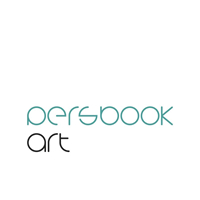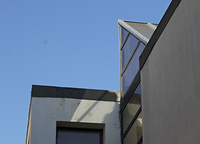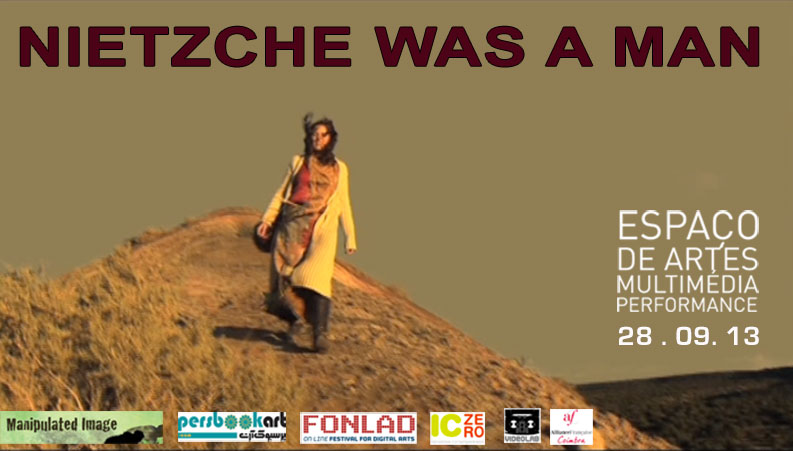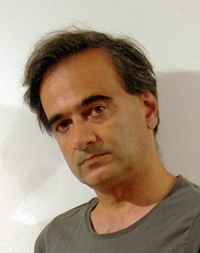Fonlad
Digital Art Festival Coimbra/Portugal
NIETZCHE WAS A MAN –
Video Art by 19 Iranian Women
Espaço Artes Multimédia e Performance
Space for Arts, New Media & Performance
Rua Pinheiro Chagas, nº60 - Coimbra, Portugal
28 Setembro September 28, 2013
Das 21h30 às 24h00 From 21h30 to 24h00
The On Line Festival for Digital Arts FONLAD appeared in 2005, by the hand of the artist José Vieira, with the goal to promote and reflect on new forms of digital contemporary art.
The project was conceived as an online platform for the dissemination of works of digital art, particularly focusing on video art. Several virtual exhibitions were held on the internet, as well as workshops, residencies and installations in unconventional spaces.
Several partnerships were established with other festivals, such as “Cologne Off” (Germany), In-Out Festival (Poland), Oslo Screen (Norway), Magmart (Italy), Athens Video Art Festival (Greece), Miden (Greece) and others.
The On Line Festival for Digital Arts reaches its 9th edition under the paradigm shift and renewal. Centered on the Space for Arts, Media & Performance, aims to celebrate the 50 years of video art by intervention projects in unconventional spaces and experimenting with new languages and forms of presentation of digital arts. In these 50 years, video art has evolved into supporting bracket, from television monitors to the projections on large building facades, through several different surfaces and supports, in which mixture of different arts elements make video a kind of chameleon that is transformed according to the location and the surface on which it stands.
Video art is undoubtedly the great art of this century, on this new era that begins full of transformed potential, challenging new ways for society. The multiplicity of forms which video art contains demonstrates the versatility of this artistic medium, adapting to the location and time in their particular way of being: the same piece seems to change when it is presented in different places and in different contexts.
Also visit:
http://www.youtube.com/user/fonladfestival
http://issuu.com/josevieira
Translated into Portuguese by FONLAD:
Esta exposição de vídeo arte contemporânea representa um trabalho de três gerações de mulheres iranianas que actualmente vivem em sete países. Historicamente, os cineastas iranianos captaram a atenção do público internacional através do seu trabalho poderoso. Com o aumento da acessibilidade da tecnologia de vídeo e da utilização da internet, muitos artistas cruzaram disciplinas, incentivados pelo potencial das novas tecnologias em disseminar a arte pelo mundo. Nesta curadoria de dezanove artistas revelam-se perspectivas únicas sobre questões enfrentadas neste mundo volátil de inter-relações, mal-entendidos e hierarquias. As vozes dessas mulheres ressoam em todo o mundo com obras desafiadoras que examinam questões universais como a comunicação de género, preconceito e identidade, a violência e a guerra, a relação entre os seres humanos, os animais não-humanos, a natureza e meio ambiente.
Muita discussão tem havido em torno de pontos de vista aparentemente misóginos do filósofo alemão, Friedrich Nietzsche. A releitura de seus aforismos por Frances Nesbitt Oppel sugere que as observações de Nietzche foram estratégias irónicas projectadas para expor os dualismos hierárquicos do pensamento ocidental e da linguagem, e para “questionar as formas pelas quais pensamos as convenções de género“ (Oppel , p. 9) . Segundo Vanessa Lemm: “Nietzsche acredita que a vida humana é inseparável da vida do animal e de todo o mundo orgânico e inorgânico“
(Lemm , p. 4). No idioma Inglês , a palavra “homem” ou “humanidade” é muitas vezes usada para se referir às espécies “humanas” em geral. O título desta mostra aponta para a visão do mundo predominantemente dualista e patriarcal que subordina e explora a natureza e os impotentes, os homens das mulheres, os seres humanos dos animais.Os vídeos desta exposição foram agrupados em seis categorias temáticas e distribuídos por três salas: “Nature / Natureza“, “Self / Eu”, “Walls / Muros”, “ Defiance / Desafios“, “Violence / Violência“ e “ Displacements / Deslocamentos“. Embora estas obras possam ser interpretadas de várias maneiras e agrupados de forma diferente, identificaram-se pontos em comum, permanecendo fiel às intenções originais dos artistas .
Artistas Artists: Fereshteh Alamshah (Irão Iran), Morehshin Allahyari (EUA USA), Maneli Aygani (USA/Irão Iran), Neda Darzi ( Irão Iran), Mozhgan Erfani (França France), Samira Eskandarfar ( Irão Iran), Celia Eslamieh Shomal (Holanda Netherlands), Roxy Farhat (Suécia Sweden), Tara Goudarzi ( Irão Iran), Samira Hashemi ( Irão Iran/USA), Haleh Jamali (Reino Unido UK), Gelare Khoshgozaran ( EUA USA), Shahrzad Malekian ( Irão Iran), Azadeh Nilchiani ( França France), Raha Rastifard ( Irão Iran/Alemanha Germany), Farideh Shahsavarani ( Irão Iran/ EUA USA), Alysse Stepanian ( EUA USA), Parya Vatankhah ( França France), Raheleh (Minoosh) Zomorodinia ( EUA USA)Comissariado Curators: Alysse Stepanian, Neda Darzi
Produção Prodution: José Vieira, Sérgio Gomes
Parceria Partnership: Fonlad Festival / Manipulated Image
Organização Organization: IC Zero, Associação Cultural / Projecto Videolab
Apoio Support: Alliance Française de Coimbra
José Vieira born in 1962, Portugal. High Degree on painting and Master Degree on Aesthetic Communication (Digital Art) by the University Art School of Coimbra, Portugal.
Curator of FONLAD Festival, Fake Festival, UAVM Virtual Museum and Web Art Center. Artist with exhibitions since 1982 and curator of several exhibitions and festivals arround the globe.





